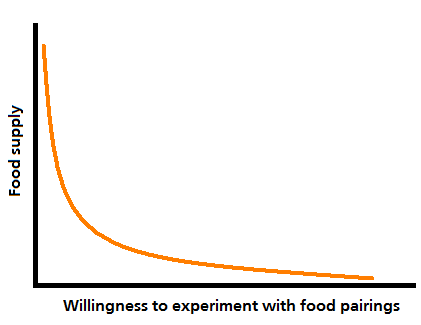Gizmodo is running a special section this week entitled “This Cyborg Life“. I love robots and a few people, so naturally I’m enjoying their quips. More so I really enjoyed the article guest-written by Aimee Mullins, who’s one of the fastest women in the world, on artificial legs.
She wrote about the prevalence of technology in advancing athletic feats (from prosthetic limbs, sporting equipment, bio-meds and surgeries) and the inherent stink made about it by those governing the events. A few examples she used was Tiger Wood’s LASIC surgery which vastly improved his ability to see down the fairway (before it was fixed his disadvantage, he says, was making him bleary eyed when on the course), the LZR suits that helped our Olympic swimmers kick a bunch of ass this past summer games, and even the equipment modern climbers use to ascent K2 and Everest. In each case our athletes are smashing previous records and contributing to the upward march of humanity. Progress is progress right?
The full article is available here: http://gizmodo.com/5403322/racing-on-carbon-fiber-legs-how-abled-should-we-be
Aimee’s article makes me think a little bit about pro sports in the US and how we want them to be better and better (to jump higher, run faster, grow bigger, hit harder) but we expect them to by natural means. In reality, augmentation (whether through new gear, surgery or even meds) is their only sure fire means of achieving progress. Face it, we don’t evolve fast enough to grow our sports players the skills we expect. Instead they cork bats, juice and are constantly provided better equipment.
Honestly, I don’t care if athletes do steroids. I think it’s a terrible example to set for our young players, but sports are entertainment and as a fan I want to see them perform seemingly superhuman feats. We expect it every Sunday! On a similar note, I don’t care what athletic advantages they attain through technology (prosthetics for the disabled are fine by me too). Got a better way to sharpen my skates? A better swim suit? A better gulf club? FORE! If you think about it, even the shoes we wear to run are better than our fore fathers ever had access too. A foot race between past and present would only show the glaring advantages technology has given us over the years.
Preventing these means from being used will only slow down our progress. The end goal is excellence. We could all use competitive advantage.
I’d only like to add that I’m also all for safety. I still stand behind the fact that football has some serious issues with the head injuries. I know it seems contradictory to be “fine” with athletes using steroids, but that’s a choice that players can make, hitting is an inherent attribute of the game (you don’t get to decide to take a hit for not, unless you’re a QB and slide around the field).


 It’s come around again. I work from home, don’t have my car with me currently (it’s 3,000 miles away) and I’m doing my best to be thrifty. Therefore my food stores are limited to say the least. When there’s plenty of food around I find myself gravitating to the quick and substantial. Honestly I eat a burrito/taco (or some simple beans + meat + cheese) variation 5-7 days a week for at least one meal.
It’s come around again. I work from home, don’t have my car with me currently (it’s 3,000 miles away) and I’m doing my best to be thrifty. Therefore my food stores are limited to say the least. When there’s plenty of food around I find myself gravitating to the quick and substantial. Honestly I eat a burrito/taco (or some simple beans + meat + cheese) variation 5-7 days a week for at least one meal.